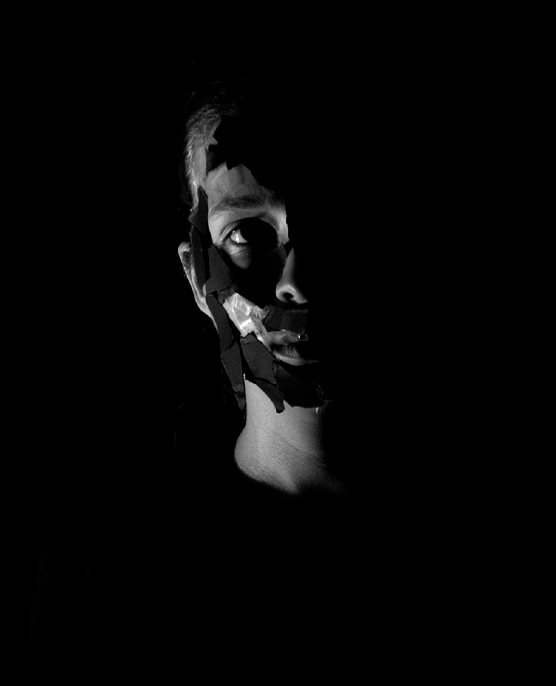By Anna Fishburn
There was a time when she was hungry. She could have answered her own question—Is she hungry?— if she were able to look at herself in the mirror. But she couldn’t.
She sat up stick straight in her bed. Lights off and blinds shut at one in the afternoon. Across from her: the vanity mirror over the desk. Her and her worst enemy in a standoff. She wore the crewneck every other girl wore. Even alone she had to fit in. As she stared at herself, she felt nothing and everything. Maybe it was the physical nothingness, her empty stomach. Maybe it was watching every piece of her being swallowed up by the perfect people around her. Or, maybe, it was the pain of spending her childhood with nothing but a mirror.
She was 16. She spent 14 of those 16 years in a room with no windows, ten other seemingly perfect girls, and a mirror. She compared herself to them. Not blonde. Not white. Not flat in the places a dancer was supposed to be. She looked like she was looking at herself, but she was really looking at them. Then on those rare occasions where she would take the risk and look in her own eyes, she did not like a single thing she saw.
She was alone now. No mirror, no perfect girls. In 2020 she had to face herself. She didn’t tell her mom or dad or brother or boyfriend or aunts or uncles or cousins or friends or coaches or teammates or coworkers. She was alone now, alone with her stomach. She didn’t eat much. A few bites of breakfast, and a quarter full plate at dinner. No lunch. Never lunch. Lunch was an unnecessary meal. She thought that lunch makes you thirsty which makes you drink water which makes you bloated which makes you fat which makes you ugly which makes you worthless. So she skipped lunch.
She was fit. “The perfect body,” boys said. But she did not see that. They all
thought she didn’t eat much because she was naturally small. But she knew she didn’t eat because she wanted to look more like the girls in the mirror. If she couldn’t be blonde or white, maybe she could be skinny.
She sat up stick straight in her bed. She felt the contents—or lack thereof—turning in her stomach. Her head became heavier and the pain grew stronger. She looked at herself in the mirror again. She was hungry. She had to eat. She couldn’t do it much longer before the people she loved started to notice. So she got up. It was lunch time. To be clear, she did not eat lunch. But she had a few crackers and some purple grapes, and that was a start.
Sometimes, I still ask myself if I am hungry. At the time, I was so scared the people I loved would notice something was wrong with my eating habits that I stood up and I ate those crackers and grapes. I did not not eat those crackers and grapes because I loved myself and I wanted to save myself from the downward spiral I knew so many dancers went through. I did not love myself and I definitely did not care about a downward spiral if it meant I could be skinny. I ate because I loved the people around me and I never wanted to be an added stress to them.
She is different now. Two years later she eats three meals a day and snacks in between. She does not spend hours that turn into days and months and years in front of a mirror. Instead, she goes to the gym and works on what she wants to because she enjoys it. She still loves the people around her. But, more importantly, she loves herself. Her body, mind, and soul are beautiful. And she knows that. She doesn’t eat to ensure those around her don’t ask questions and worry. She eats because she wants to. She eats because she cares about what happens to her.
So, if you ask her if she’s hungry around lunch time, she will reply,
“Yes.”
Anna Fishburn is a freshman policy studies student from Sacramento, California. She enjoys writing, traveling, and listening to SZA’s Ctrl (Deluxe) on repeat. Although her main focus is policy, she hopes to continue publishing creative work during her time at SU.

